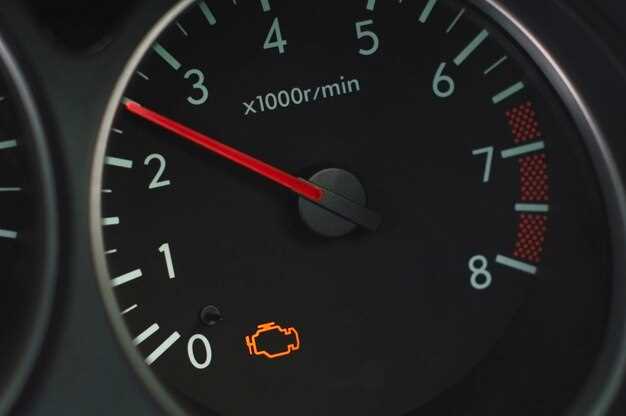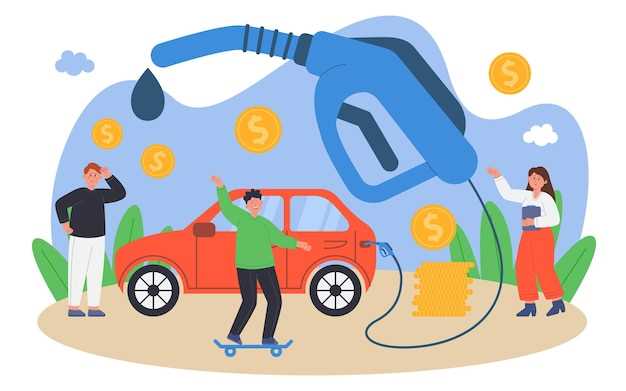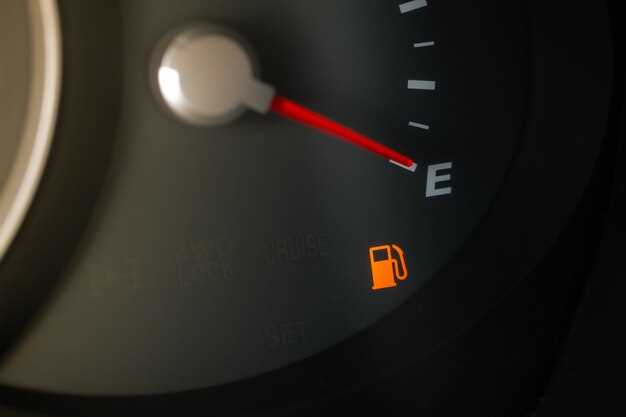
In today’s world, where the cost of gas continues to rise, understanding how to enhance your vehicle’s fuel efficiency has never been more critical. Not only does improving fuel efficiency lead to significant savings on gas expenses, but it also contributes positively to the environment. With simple changes in driving habits and maintenance routines, you can maximize your car’s performance and minimize fuel consumption.
The journey toward better fuel efficiency begins with awareness of the factors that affect gas mileage. From tire pressure to engine health, several elements play a crucial role in how much fuel your car uses. By adopting regular maintenance practices and making conscious choices, you can make a noticeable impact on your vehicle’s efficiency.
Additionally, your driving style can either drain your tank or enhance your fuel efficiency. Gentle acceleration, maintaining a steady speed, and avoiding unnecessary idling all contribute to a more economical driving experience. In this article, we will explore practical tips that can help you not only improve your car’s fuel efficiency but also maximize your overall savings on gas costs.
Regular Maintenance for Optimal Fuel Economy

Maintaining your vehicle is essential for ensuring optimal fuel economy and maximizing your savings at the pump. Regular maintenance helps improve the overall efficiency of your car, leading to better mileage and reduced fuel consumption. Here are key maintenance tasks to consider:
- Oil Changes: Regularly replacing your engine oil ensures that your engine operates smoothly. Dirty oil can create friction and reduce efficiency, directly impacting fuel economy.
- Air Filter Replacement: A clean air filter allows your engine to breathe better, improving performance. A clogged filter can lead to decreased fuel efficiency and poor mileage.
- Tire Maintenance: Keeping your tires properly inflated reduces rolling resistance and improves mileage. Check tire pressure monthly and rotate tires regularly to promote even wear.
- Fuel System Cleaning: Periodically cleaning your fuel injectors and system ensures that fuel is delivered efficiently, optimizing combustion and fueling savings.
- Spark Plug Replacement: Worn spark plugs can cause misfires and reduce engine efficiency. Replacing them as per the manufacturer’s recommendations can enhance fuel economy.
In addition to these tasks, it is advisable to follow your vehicle’s maintenance schedule outlined in the owner’s manual. Keeping up with regular checks and addressing issues promptly can significantly contribute to better fuel efficiency.
By committing to a routine maintenance plan, you can achieve significant savings on fuel costs while enjoying smoother driving experiences and prolonging the life of your vehicle.
Driving Habits That Save Fuel
Adopting efficient driving habits can significantly enhance your vehicle’s fuel economy and lead to substantial gas savings. Here are some key practices to consider.
First, maintaining a steady speed is crucial. Frequent acceleration and deceleration can consume more fuel. Utilize cruise control on highways to maintain a constant speed, which helps maximize fuel efficiency.
Secondly, avoid excessive idling. Leaving your engine running while parked wastes fuel. If you expect to be stationary for more than a minute, turn off the engine to conserve gas. Restarting your engine uses less fuel than idling for an extended period.
Additionally, smooth acceleration is vital. Gradually increase the throttle when starting or merging rather than pushing the gas pedal hard. This practice reduces fuel consumption and minimizes strain on the engine.
Another effective habit is to plan your trips. Organizing your errands to minimize driving distances can lower fuel usage. Combine short trips into one outing to avoid excessive cold starts, which consume more gas.
Maintaining an appropriate speed is equally important. Driving at speeds above 50 mph can drastically decrease fuel efficiency. Aim to stay within the recommended speed limits for optimal savings.
Finally, regularly check your tire pressure. Under-inflated tires create more rolling resistance, causing your vehicle to expend more fuel. Keeping your tires properly inflated ensures better gas mileage and enhances safety.
Choosing the Right Fuel and Tire Pressure

To maximize your car’s mileage and savings, selecting the appropriate fuel type is crucial. Different vehicles are designed to run on specific fuel grades, and using the recommended type can significantly enhance performance and fuel efficiency. Higher octane fuels may provide better combustion for certain engines, while regular unleaded fuel is often sufficient for most standard vehicles. Always refer to your owner’s manual to ensure you are using the optimal fuel for your car.
In addition to choosing the right fuel, maintaining proper tire pressure is essential for achieving optimal fuel efficiency. Under-inflated tires can create excessive rolling resistance, making the engine work harder and consuming more fuel. Regularly checking your tire pressure and keeping it at the manufacturer’s recommended levels can lead to improved mileage and additional savings at the pump. It’s advisable to inspect tire pressure at least once a month and before long trips to ensure your vehicle operates efficiently.



